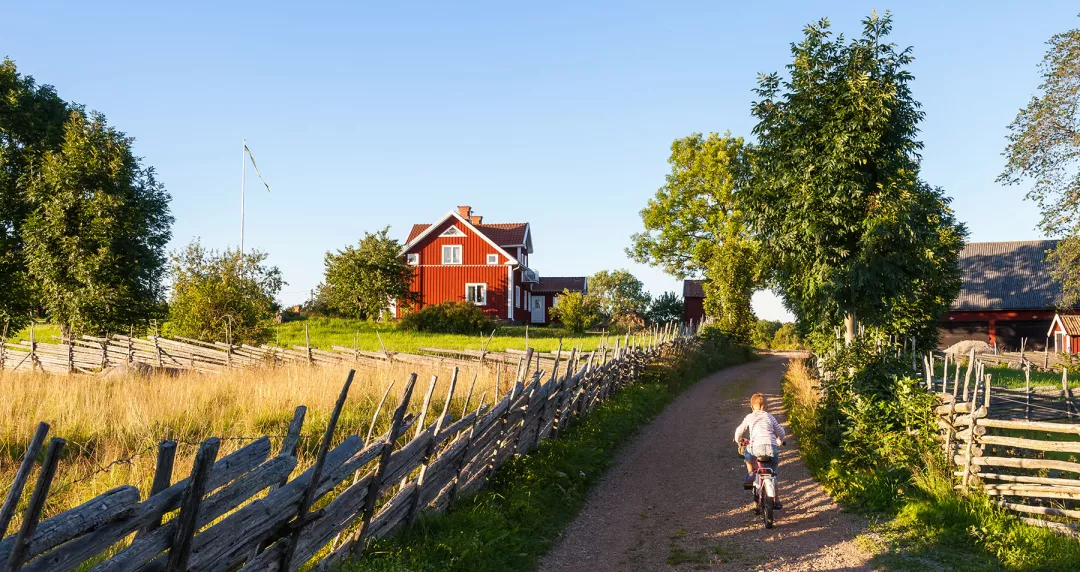Evaluation of support for cooperation under the 2014-2020 Rural Development Programme
- Evaluation
- Agricultural Productivity
- Networking
- Evaluation
- Cross-cutting Impacts
- Evaluation Findings
The evaluation aims to analyse the collaboration put in place under the Rural Development Programme (RDP), identifying the projects and collaborations funded, how the implementation has been run, and what relevant feedback can lead to a positive change and the functioning of long-term cooperation.
- Sweden
- 2014-2022
- Cross-cutting impacts


This report is part of the evaluation of the cooperation measure in the 2014-2020 RDP.
The Swedish Board of Agriculture is the Managing Authority for Swedish EU programmes, including the RDP, the Maritime and Fisheries Programme and the Regional and Social Fund programme for community-led local development. Continuous evaluations of the programmes are carried out in relation to their objectives and the EU 2020 objectives. The programmes are evaluated separately and partly together.
The purpose of the evaluation is to identify:
- The types of projects and collaborations that have been funded.
- How the responsible authorities have guided implementation.
- To highlight important positive factors for functioning and long-term cooperation.
The evaluation also examines experienced hindrances for various collaborative projects.
The evaluation is based primarily on data from the Swedish Board of Agriculture’s application system and register data of final reported projects.
The evaluation examines the authorities’ action plans and calls. In addition, a questionnaire was carried out to all those who received support under the 2014-2020 RDP's cooperation measure.
In-depth interviews have also been conducted with beneficiaries and officials of the relevant authorities.
The main challenges reported are related to:
- The evaluation’s dependence on project data. The analysis largely depended on the subjective information provided. In this respect, the report lacks objective information, for example, concerning the results of the projects, which can be causally linked to the support evaluated.
- Data available via the final reports correspond only to projects that have been completed and finalised. This means that the evaluators have had access to only 136 out of 363 cooperation projects granted. Another challenge is related to the relatively large lack of responses to the survey, 50-60%.
- Finally, another challenge is the lack of a clear theoretical framework to provide transparency and perspective on the results presented by comparing them with relevant research and studies.
The evaluation found that the RDP mostly supported the development of products, methods, processes and techniques. Some of the partners supported have already collaborated in the past.
Furthermore, the study clarified that calls follow the objectives of the RDP, but some uncertainty characterises their work. The selection criteria were relatively broad, allowing for different types of collaborations.
However, many people receiving support experienced a heavy administrative burden. Nine out of ten projects encountered obstacles in implementation. The single biggest challenge is the reporting requirements to the authority and the administration work that comes with it. The requirements are perceived as complex and time-consuming.
Finally, three success factors for well-functioning collaborations were highlighted: 1) cooperation should be based on a clear need and goals; 2) common needs of the partners provide a clear anchoring and shared commitment; and 3) experience with previous projects and project reporting creates security in implementation.
Author(s)
Göran Hallin, Jenny Wallström. WSP